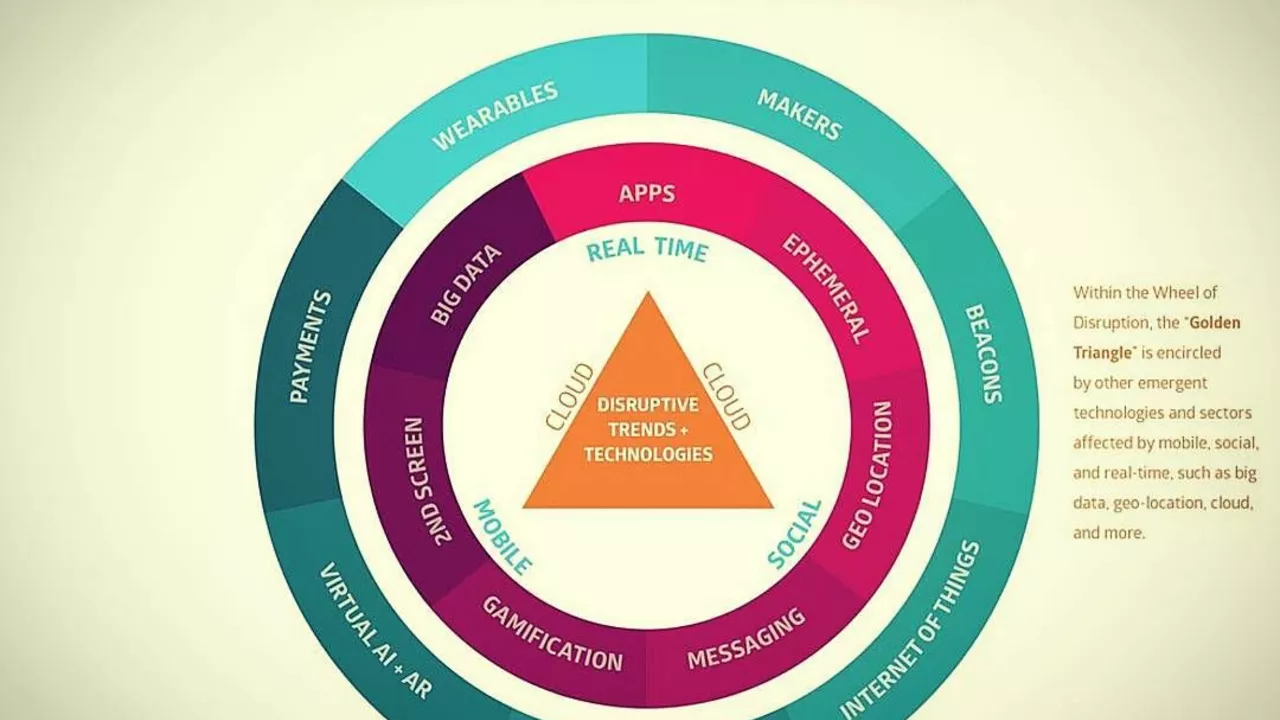Technology Companies: What They Offer and Why They Matter
When you hear the term "technology companies," you probably picture big brands developing software, building apps, or running data centers. In reality, they range from tiny startups crafting niche tools to global firms powering whole industries. The common thread? They help businesses move faster, cut costs, and stay competitive in a digital world.
Most tech firms start by identifying a problem that existing tools can’t solve efficiently. Then they build a solution using a mix of programming languages, cloud platforms, and data analytics. The result is a product or service that can be rolled out quickly, updated often, and scaled as the client grows.
Key Services from Modern Tech Companies
Web development tops the list. Companies create responsive sites that load fast, rank well in search, and convert visitors into customers. They use frameworks like React, Angular, or Vue.js to craft interactive experiences that feel native on any device.
Software solutions go beyond websites. Think custom ERP systems, mobile apps, and SaaS platforms that automate tasks. For example, the "News in Short" app combines Node.js, React Native, and MongoDB to deliver concise news on the go—a classic case of a tech stack solving a real need.
Digital marketing is another strong suit. Tech firms run SEO, SEM, and social campaigns that drive traffic and leads. Tools like SEMrush’s Competitor Gap Report let marketers spot weaknesses in rivals and fine‑tune their own strategies.
Cloud services and DevOps help companies keep their applications running 24/7. By moving workloads to AWS, Azure, or Google Cloud, businesses gain flexibility, security, and the ability to scale instantly during traffic spikes.
Future Trends Shaping the Tech Landscape
Artificial intelligence is no longer a buzzword—it’s a daily tool. AI powers chatbots, predictive analytics, and personalized recommendations. Companies that embed AI into their products can deliver faster, smarter experiences that keep users engaged.
Quantum computing is still early, but it promises to solve problems current computers can’t touch. When the technology matures, it could revolutionize drug discovery, cryptography, and complex simulations, opening new markets for forward‑thinking tech firms.
Automation and robotics are reshaping employment. While some roles fade, new jobs appear in AI training, data science, and cyber‑security. Tech companies that invest in upskilling their workforce stay ahead of the curve.
Sustainability is gaining traction too. Green data centers, carbon‑neutral cloud services, and energy‑efficient hardware are becoming standard expectations from clients who care about their environmental impact.
Finally, the rise of low‑code and no‑code platforms lets non‑technical teams build apps quickly. This democratization speeds up innovation and forces traditional developers to focus on more complex problems.
Whether you’re a startup looking for a partner or a large enterprise seeking digital transformation, understanding what technology companies do and where the industry is headed helps you choose the right collaborator. Keep an eye on AI, quantum breakthroughs, and sustainable practices—they’ll define the next wave of tech solutions.

What kind of different companies are there in technology?
Alright, tech wizards! Let's dive into the magical realm of technology companies. First, we have the software giants, crafting lines of code like they're spinning gold. Then, there are the hardware heroes, forging tech tools, from dainty devices to beastly data centers. Don't forget our cloud computing conquerors, saving our digital lives on lofty servers. Plus, there's those AI aficionados, teaching machines to think like us, or maybe even better than us (chuckles). So, from coding to clouds, hardware to AI, tech companies are as diverse as a bag of jelly beans, each one bursting with its own unique flavor of innovation!
read more